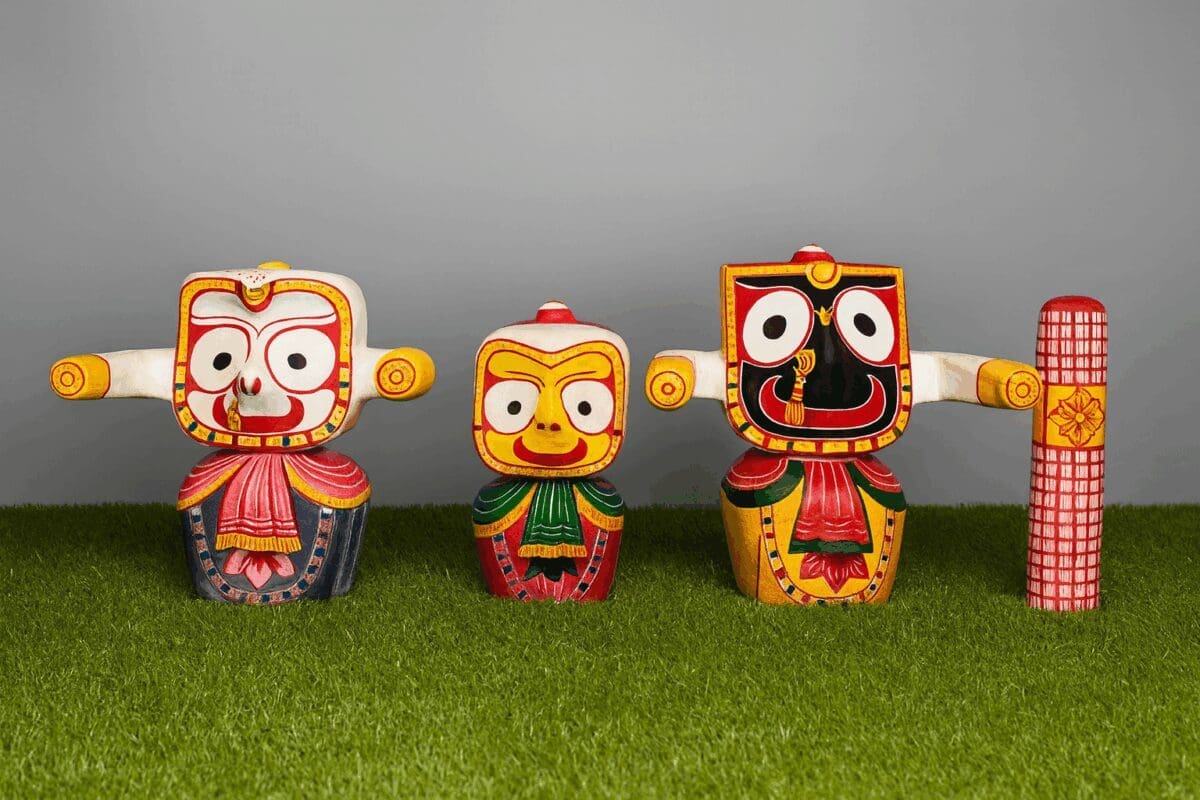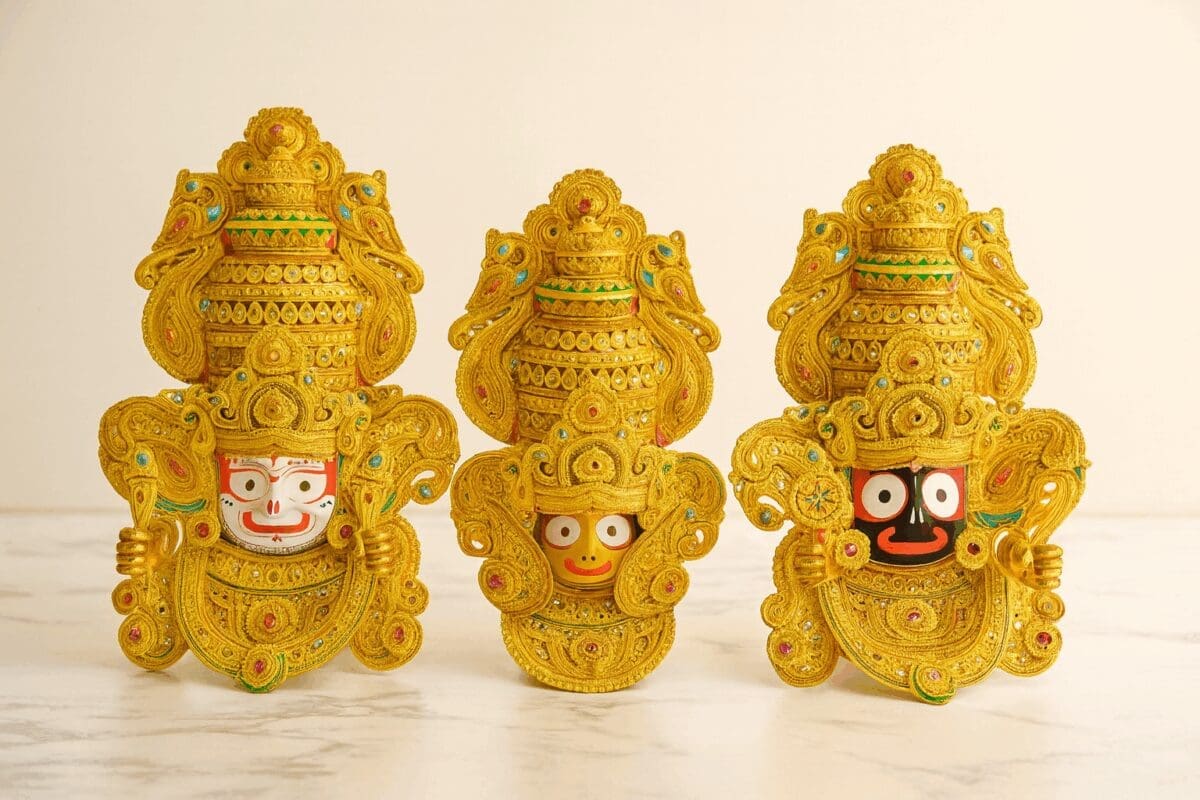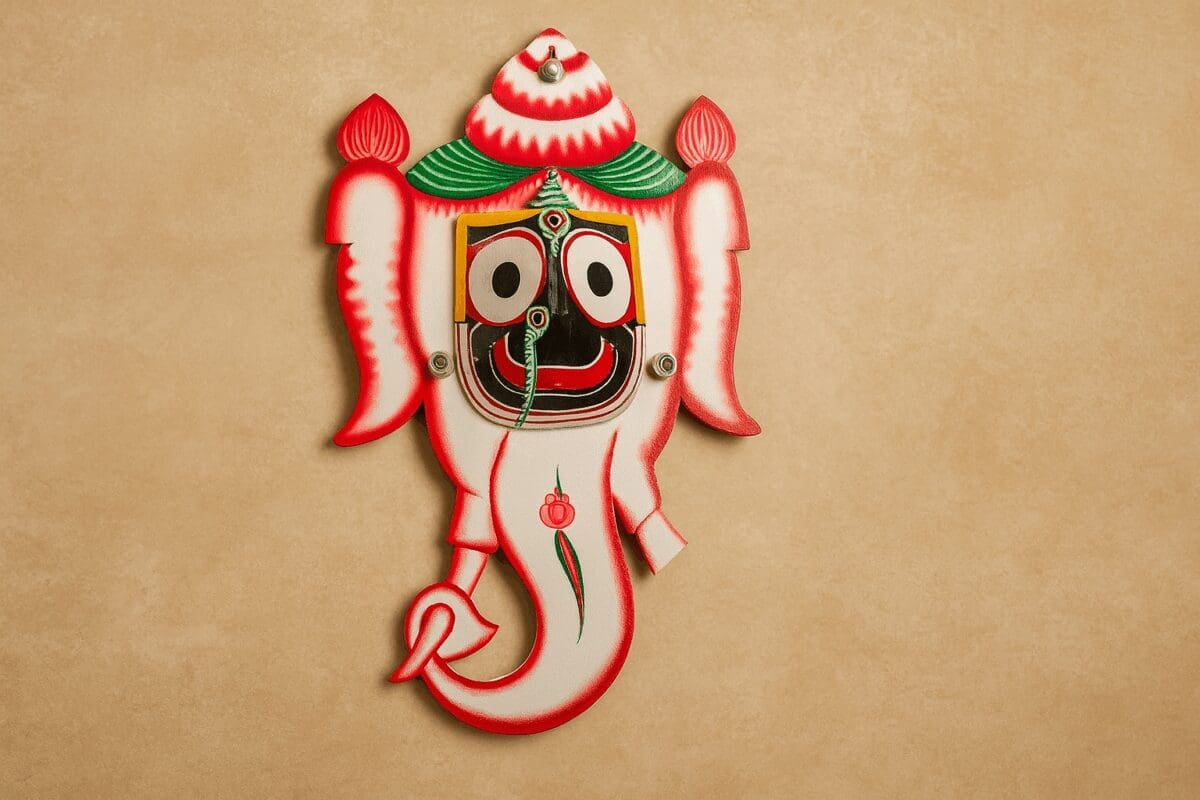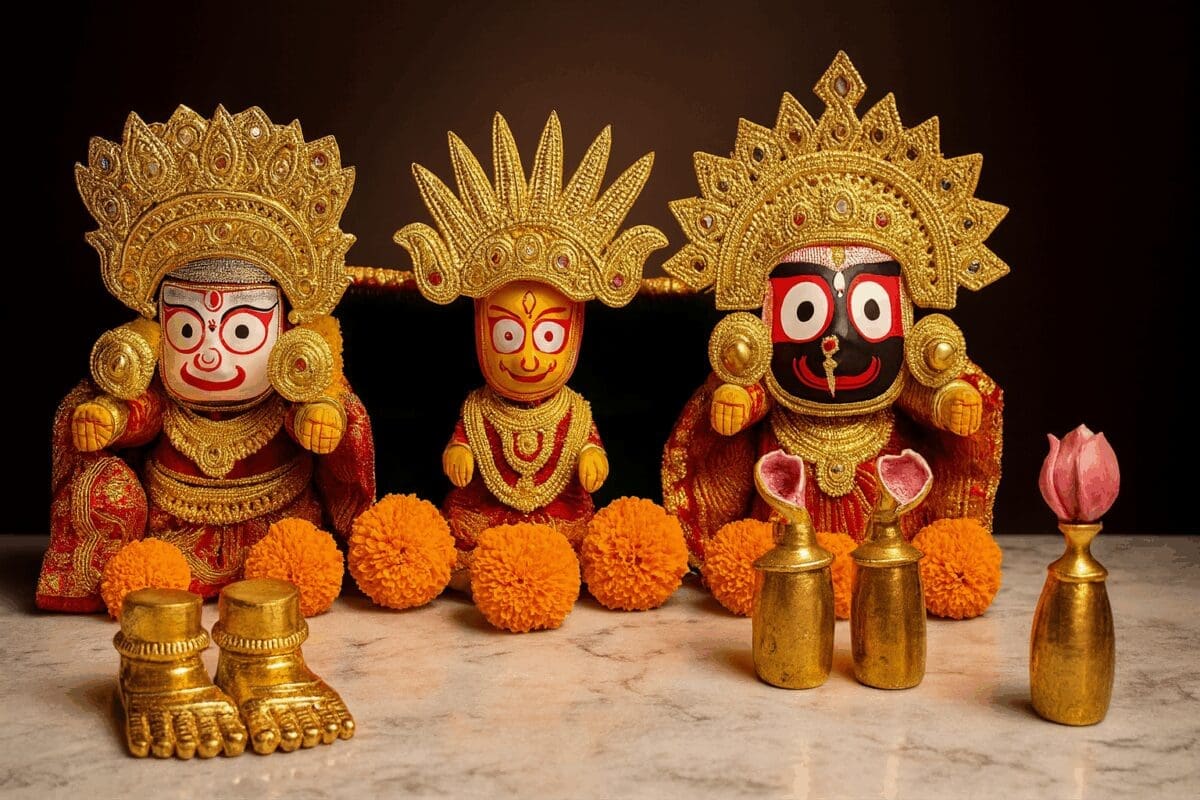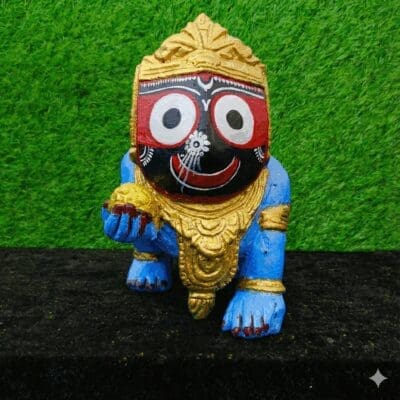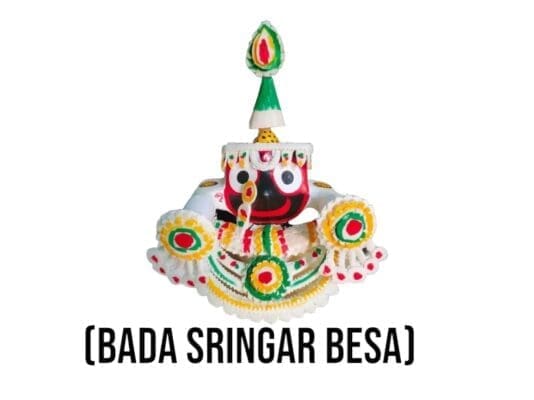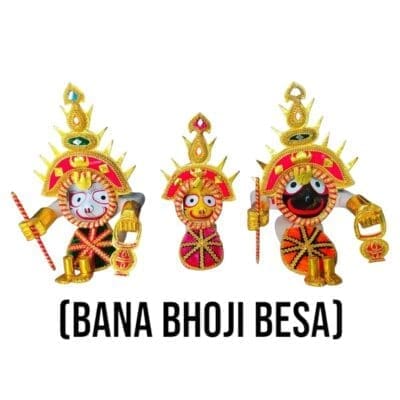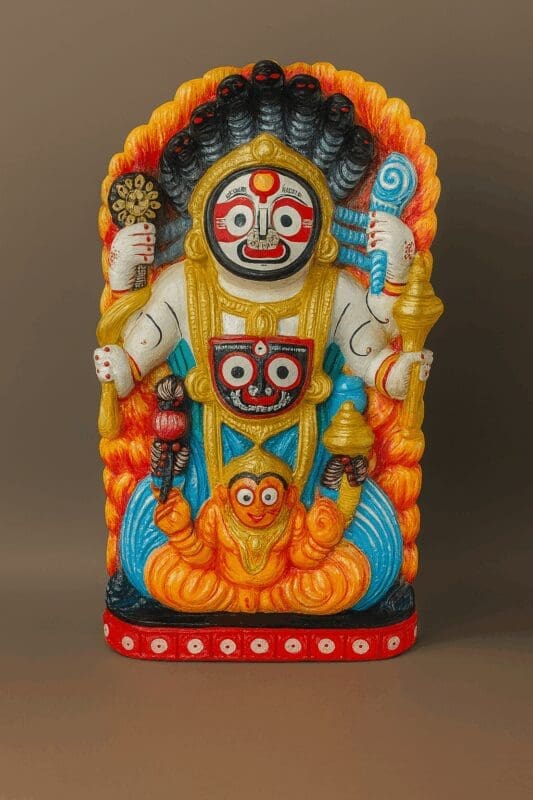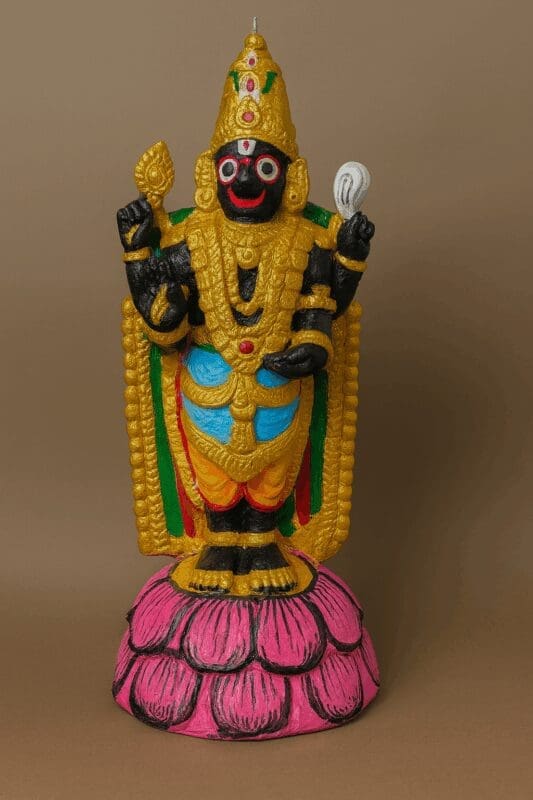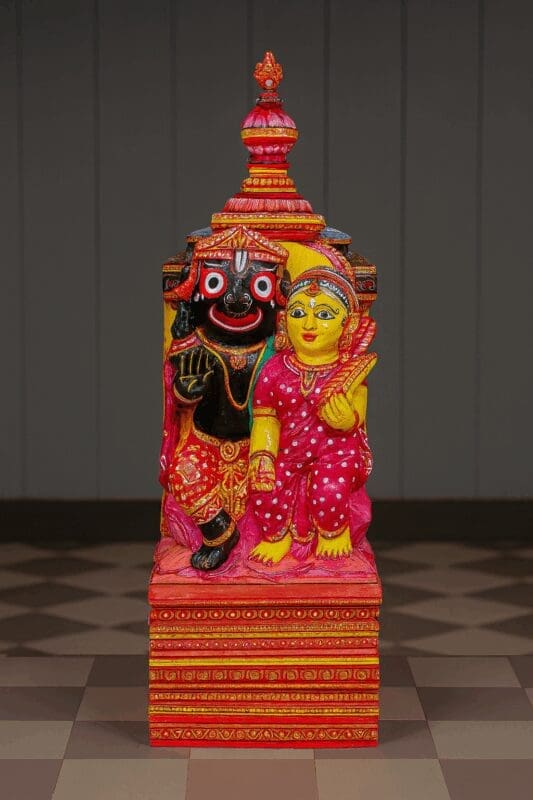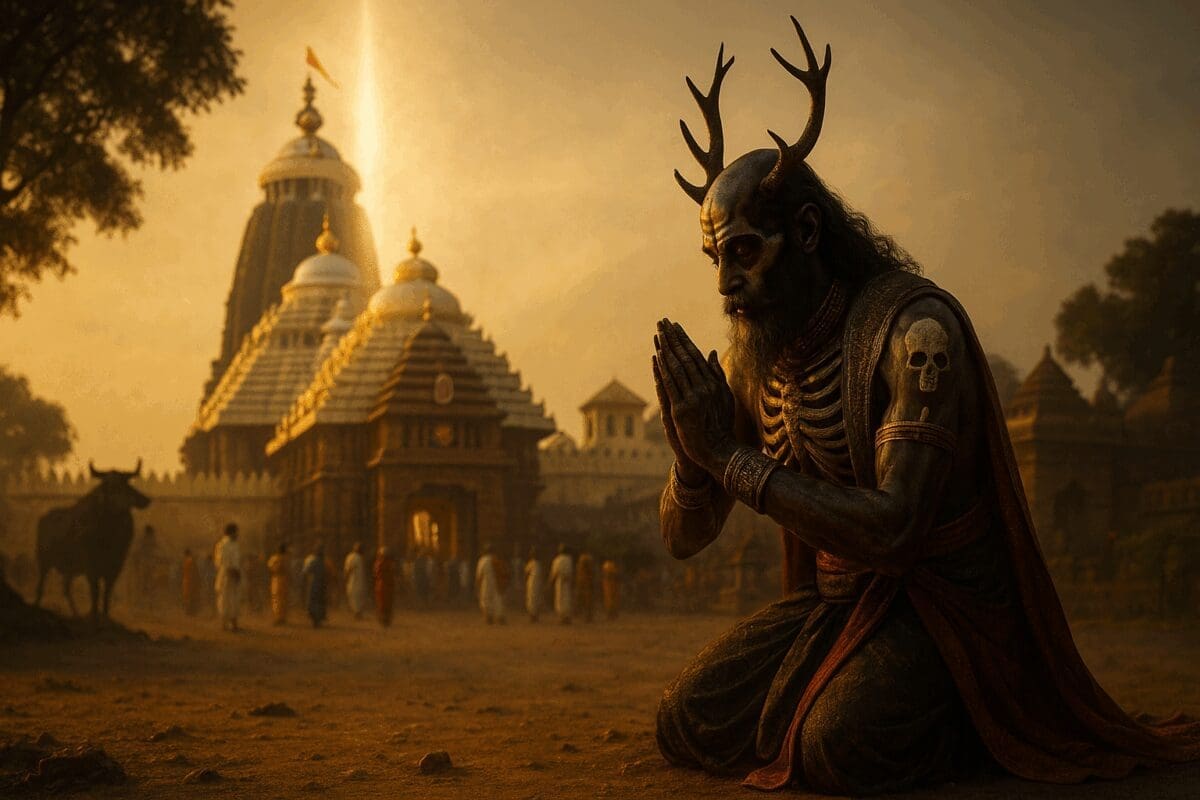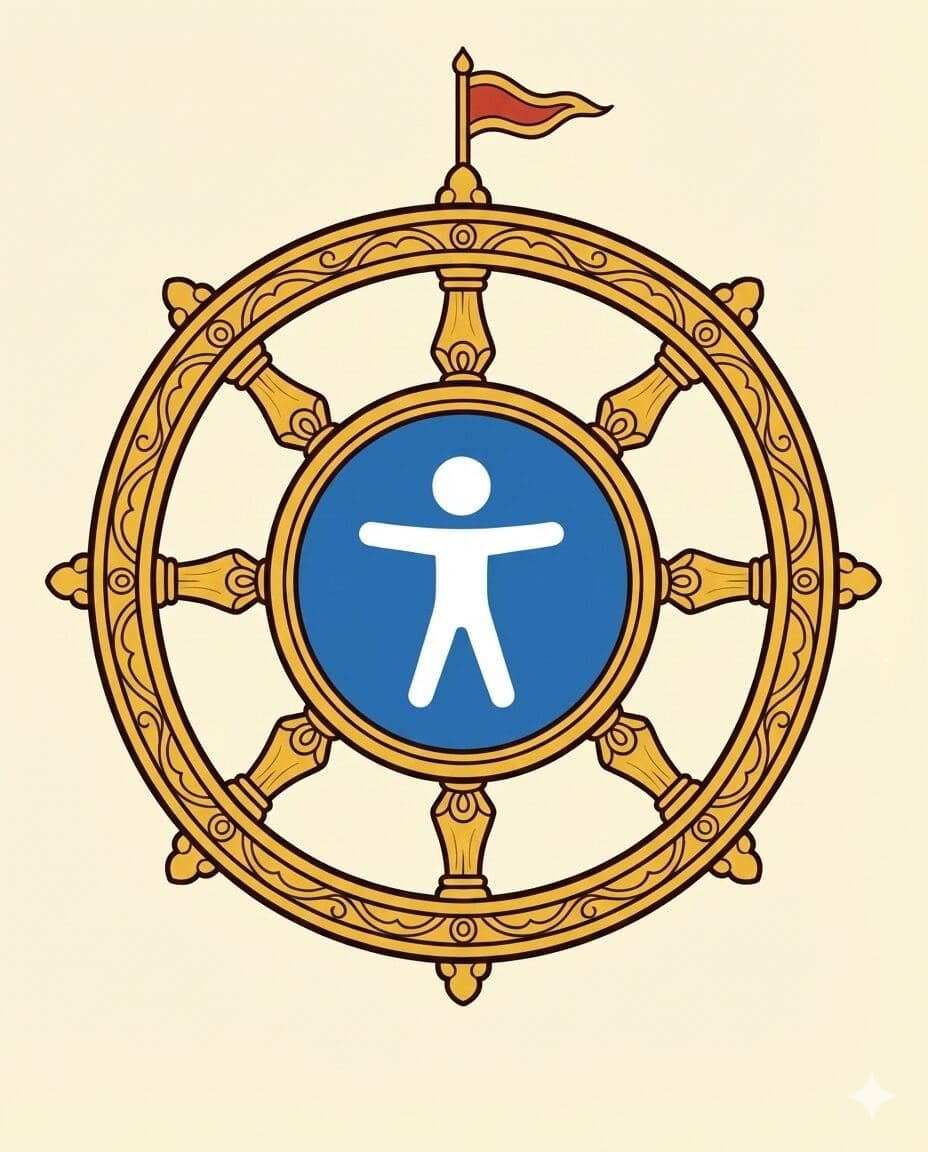Shri Jagannath purana
Yama’s Praise: Liberation at Jagannath Kshetra (Ch. 3)
Yama’s Praise: Liberation at Jagannath Kshetra (Ch. 3)
Chapter 3 of “Sri Jagannathakshetramahatmyamu” delves into the profound concept of liberation (moksha), a central pursuit in Hindu spirituality. As a historian intrigued by the mystical dimensions of ancient texts, this chapter offers a fascinating glimpse into the beliefs and aspirations of the people who revered Lord Jagannatha.
Yama’s Hymn to the Lord of Liberation
The chapter opens with Yama, the god of death, offering a hymn of praise to Lord Jagannatha. This is a striking juxtaposition—the god associated with the end of life bowing to the deity who grants liberation from the cycle of birth and death. Yama acknowledges Jagannatha’s supremacy, declaring that even he is subservient to the Lord’s divine will.
From a historical perspective, this hymn reflects the complex interplay between different deities and traditions within Hinduism. While Jagannatha is primarily associated with Vaishnavism, the inclusion of Yama’s hymn highlights the syncretic nature of the faith, where different gods and goddesses are often seen as different aspects of the same ultimate reality.
The Mystical Promise of Liberation
The chapter goes beyond mere praise, emphasizing the mystical power of Jagannatha Kshetra (Purushottama Kshetra) to grant liberation. It states that even those who die within the sacred boundaries of this land attain moksha, regardless of their past deeds. This belief underscores the profound spiritual potency attributed to this sacred site.
The text describes Jagannatha as the embodiment of pure consciousness, the witness of the universe, and the ultimate source of liberation. This resonates with core tenets of various Hindu philosophical schools, which emphasize the transcendence of the material world and the realization of one’s true nature as divine.
Connecting with the Present: A Timeless Quest
The concept of liberation continues to be a central theme in Hinduism today. Chapter 3 serves as a powerful reminder that the ultimate goal of human existence is to break free from the cycle of birth and death and attain union with the divine.
For the modern spiritual seeker, this chapter offers profound insights into the nature of liberation and the path towards achieving it. It encourages us to cultivate devotion, surrender to the divine will, and seek the grace of Lord Jagannatha, who is revered as the bestower of moksha.
A Historian’s Reflection
As a historian, I’m fascinated by the way this chapter weaves together historical context, theological concepts, and mystical beliefs. It provides a window into the spiritual landscape of ancient India, where the pursuit of liberation was a driving force in people’s lives. The chapter’s enduring message of hope and the promise of liberation continue to resonate with spiritual seekers across the ages.
https://justkalinga.com/wp-admin/post.php?post=15648&action=edit&classic-editor


